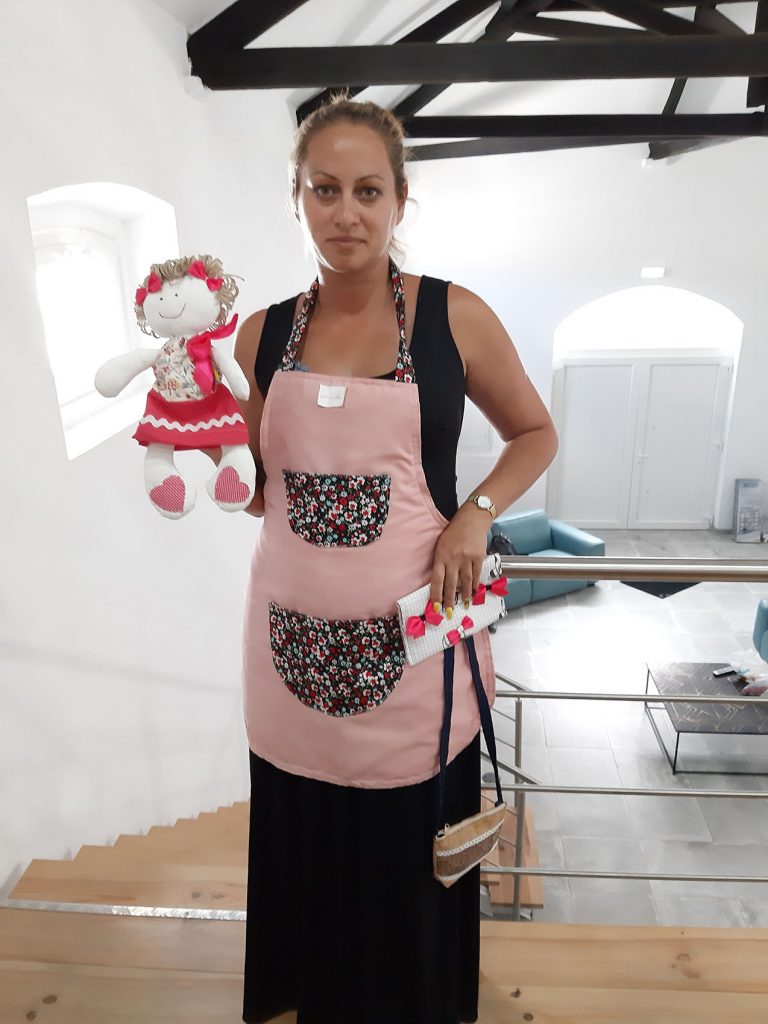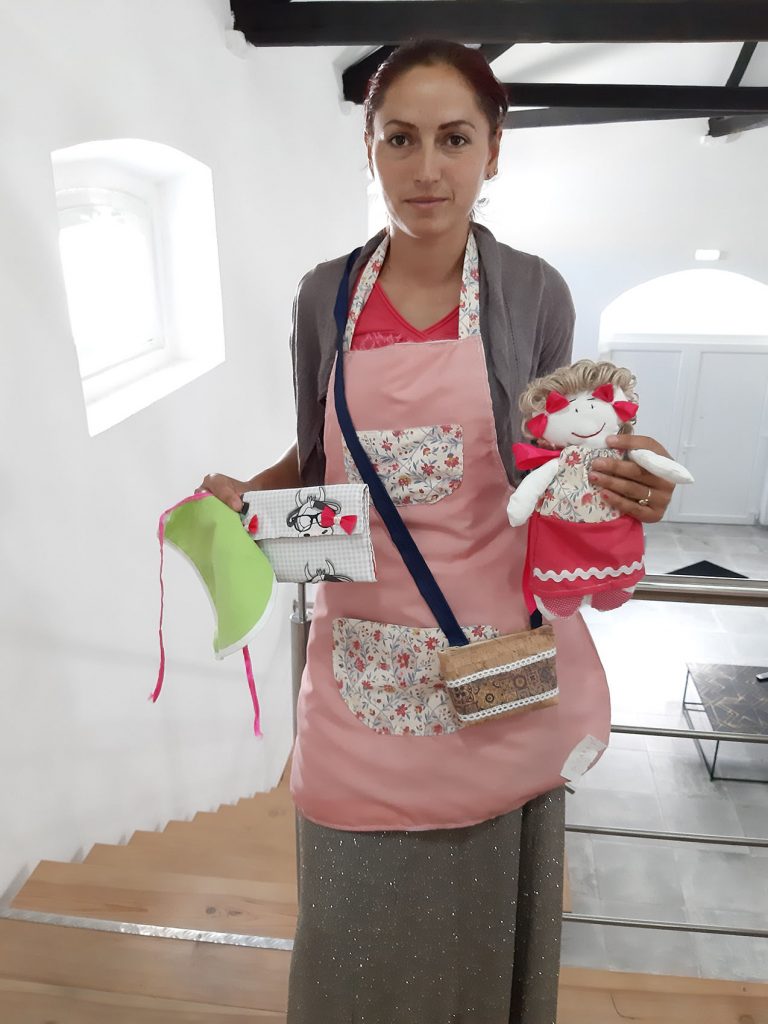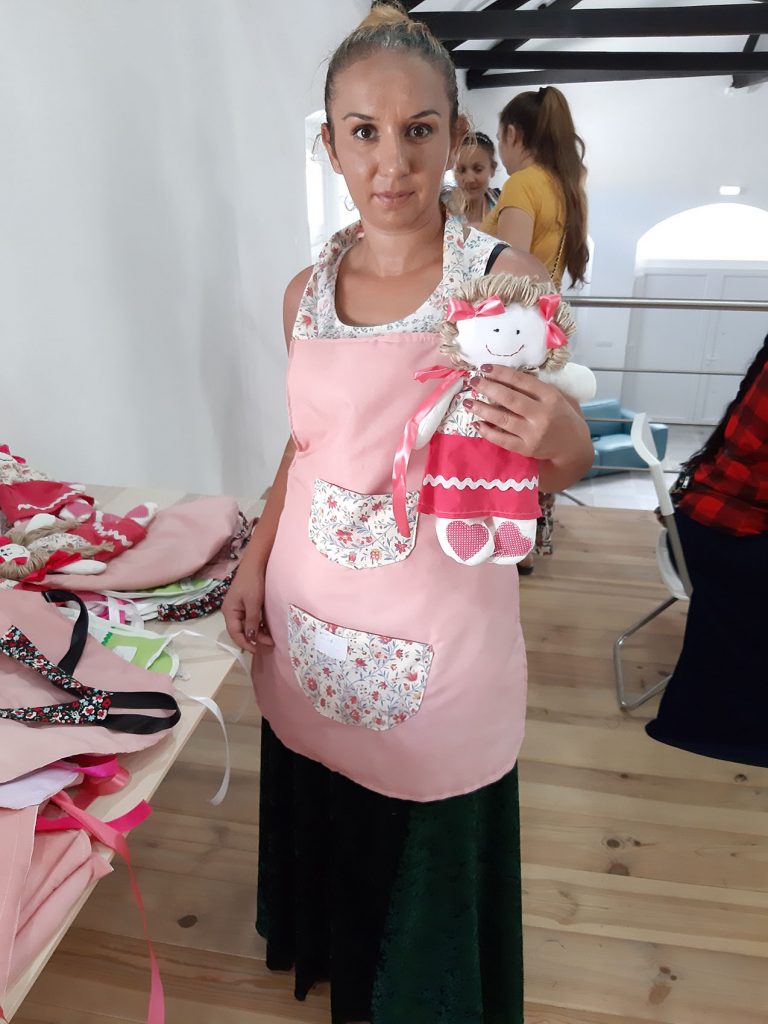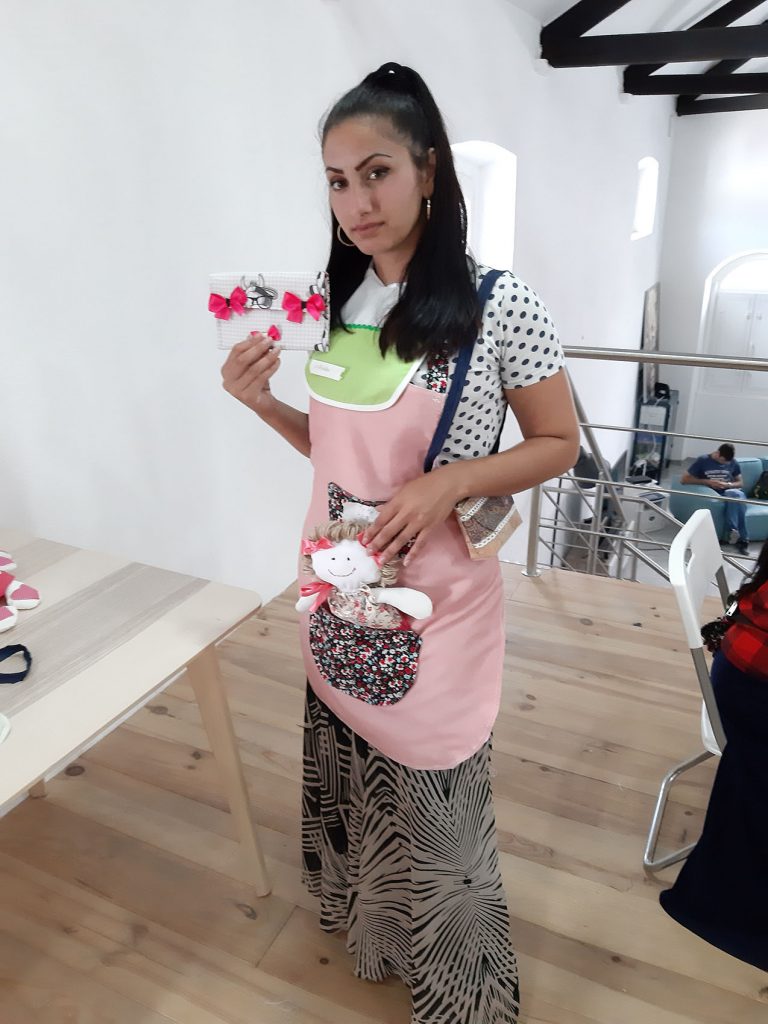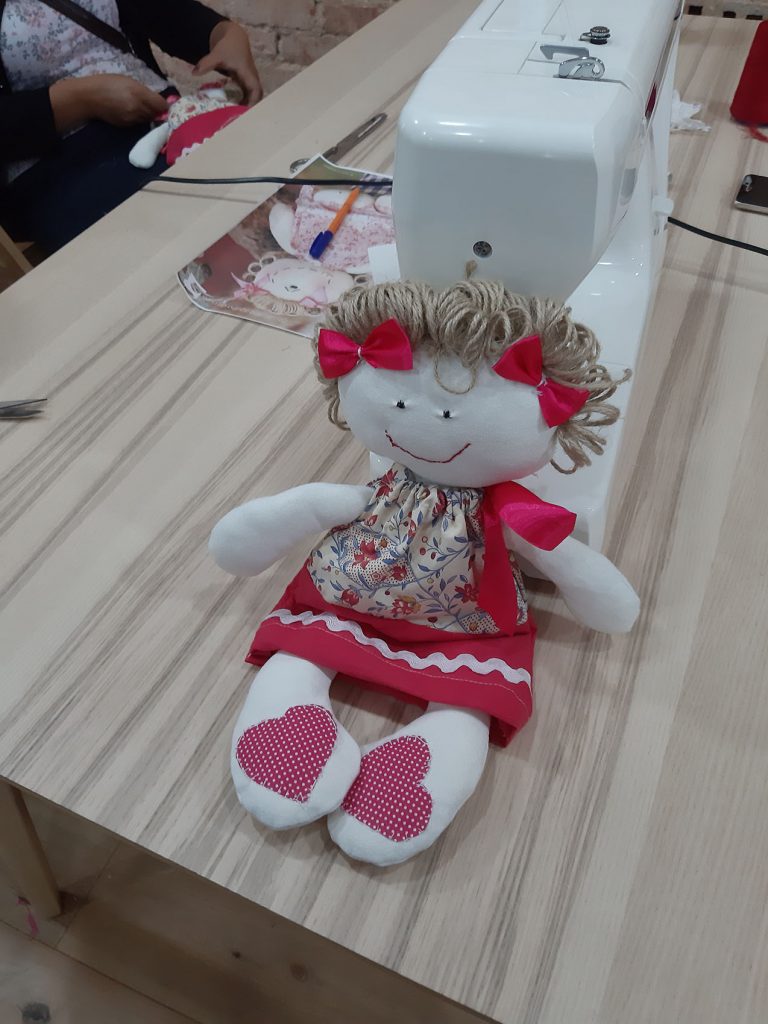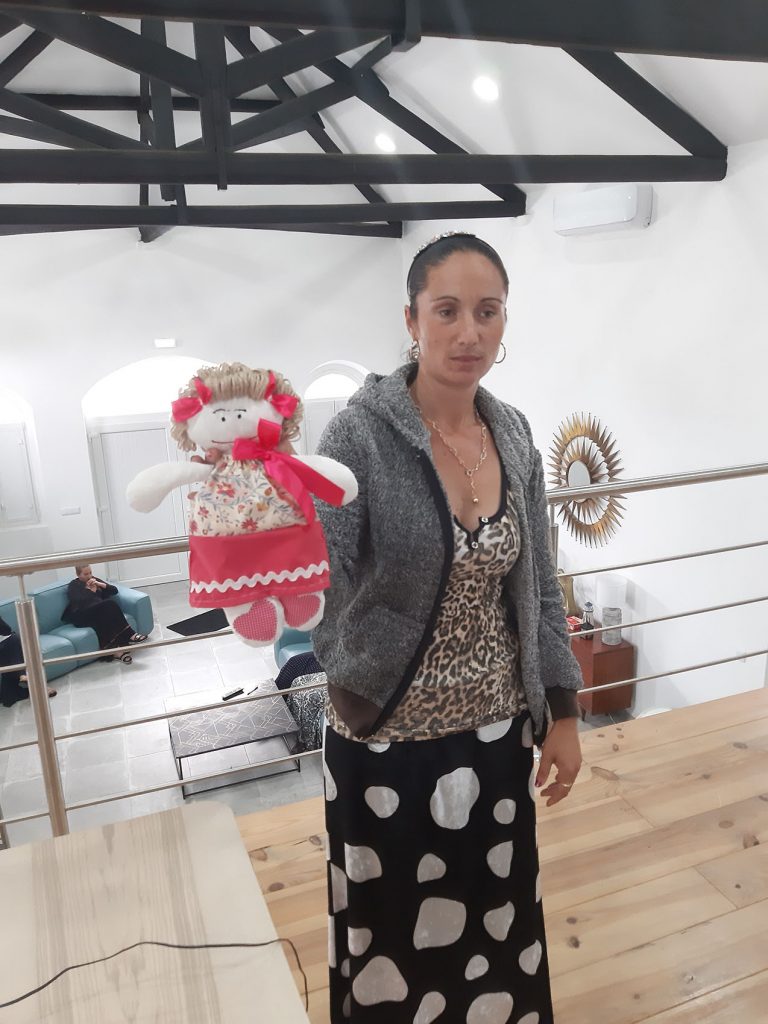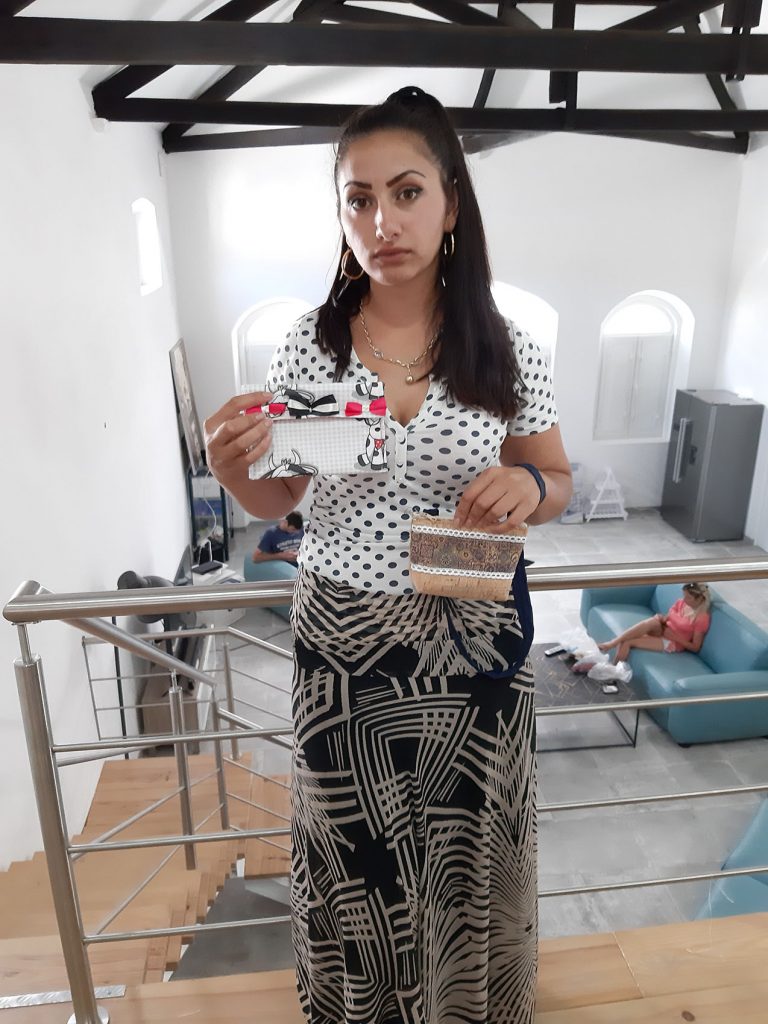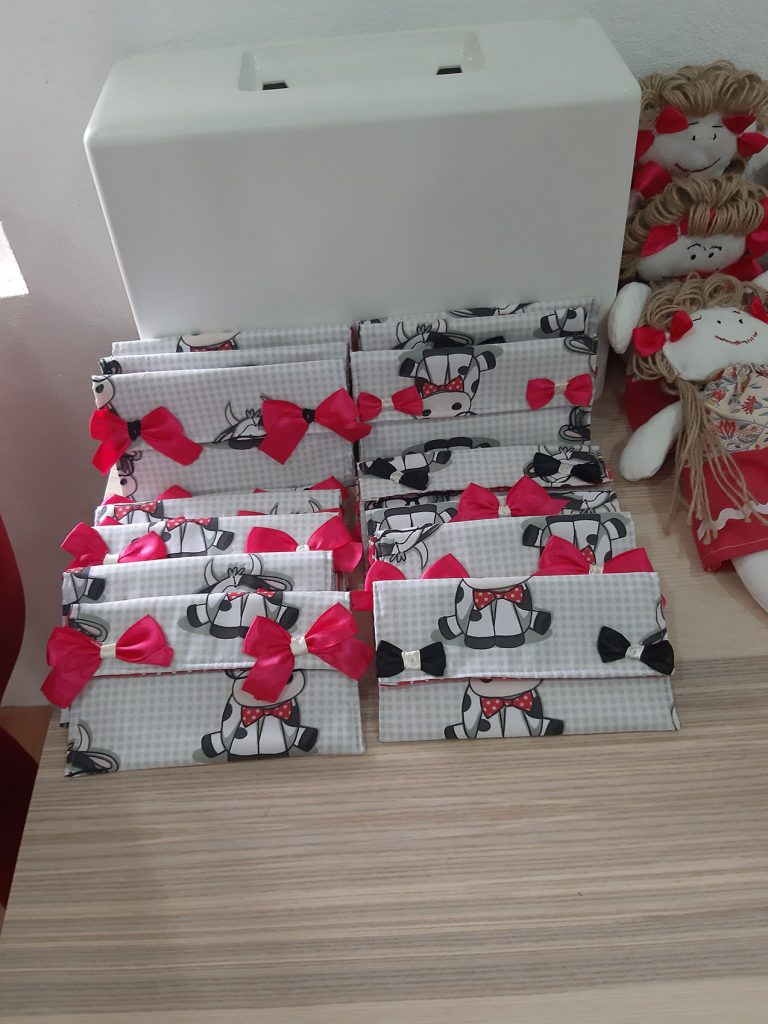There was 2 fluxes of mobilities between 10 June-7 July 2019 in Montijo-Lisbon,Portugal.
TEXTILE:
At the end of mobility stage,participants from textile acquired following:
At the end of the mobility, the participants will acquire the following knowledge, skills and competences:
Knowledge:
– about textile products and auxiliary materials used in the textile industry.
– about the Erasmus + program and VET mobility
– about team communication.
– about how to work in mixed intercultural teams.
– about how to use the technical language to define the production process.
– about correlation of operations with specific equipment.
– about the association between technological operations and the results obtained.
– about the identification of fibrous composition.
– about the recognition of fabrics and knitwear after their appearance.
– about how to determine the properties of textile products using different methods
Abilities:
– time management.
– use software to obtain finished products.
– communication abilities
– integration into the social life of the local community.
3.Competences:
– processing of raw materials in order to obtain finished textile or leather products.
– selecting the substances used for the finishing of textiles depending on the purpose and composition of the process.
– identification of auxiliary materials for leather confections and replacements.
– the use of machines for the production of textile and leather products.
MECHANIC:
At the end of mobility,participants from textile acquired following:
Knowledge:
-about the structure of the mechanical assembly process.
– about how to design the mechanical assembly process.
– about assembly methods.
– communication in English and Portuguese
2..Abilities:
– demountable mechanical assembly.
– non-removable mechanical assembly.
-using computer-assisted control and adjustment systems.
-organization at the workplace.
3.Competences:
– assembly of parts by riveting.
– assembly of parts by welding.
– assembling by grooves

